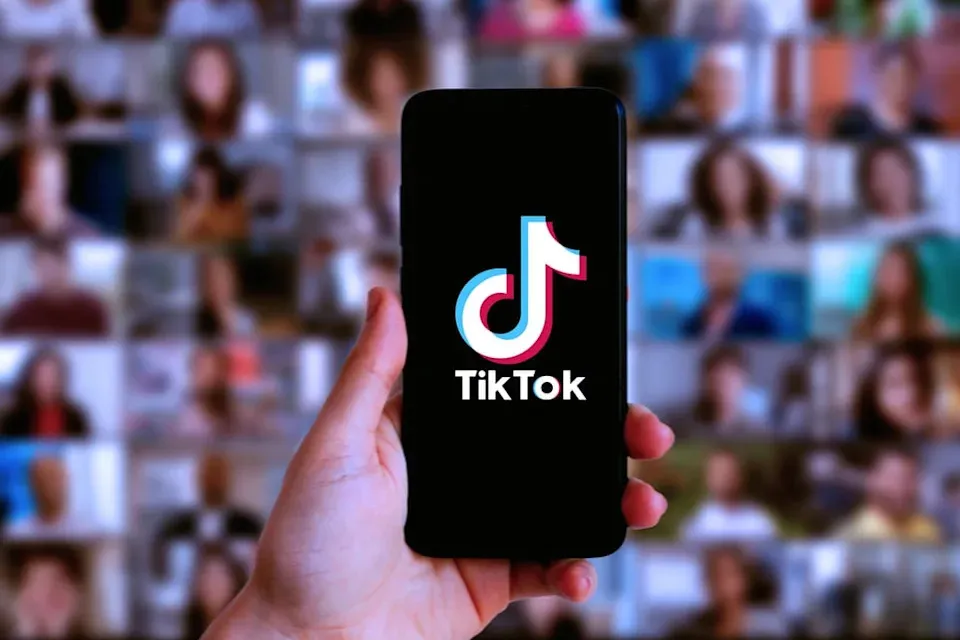Bank CEOs Take Mindfulness Retreat, Dow Drops 150 Points in Sympathy
Introduction
In an unexpected twist of corporate wellness and market behavior, several top bank CEOs have embarked on week-long mindfulness retreats in the Swiss Alps, and the Dow Jones Industrial Average promptly dropped 150 points, almost as if the market itself were meditating in sympathy. Analysts were quick to note that while economic fundamentals remained stable, investor sentiment appeared intertwined with executive emotional states. Twitter and Reddit exploded with memes of meditating CEOs surrounded by candles while stock tickers trembled, perfectly capturing the absurdity of a market reacting to calmness rather than panic. The Dow’s dip sparked debates about the real drivers of market psychology in 2025, blending corporate culture, social media, and financial analysis into a surreal spectacle.
The Retreat and Its Rationale
The CEOs, representing a consortium of major U.S. and European banks, cited stress, burnout, and the need to align corporate strategy with personal well-being as reasons for the retreat. Yoga sessions, guided meditation, and forest walks were scheduled daily, with participants encouraged to disconnect from emails, Bloomberg terminals, and WhatsApp alerts. While the intent was personal wellness, investors interpreted the absence of leadership as a signal of potential corporate sluggishness. Social media users joked that “a calm CEO is a bearish signal,” leading to rapid, albeit small, sell-offs in banking stocks and index funds linked to these institutions.
Investor Reaction and Meme Culture
Retail traders immediately took to social media, blending financial analysis with satire. Tweets like “Dow drops 150 points while CEOs find inner peace. Markets hate tranquility” went viral, accompanied by memes of CEOs levitating above charts and meditating in robes. TikTok videos featured office workers performing mock mindfulness exercises with their laptops open, captioned “If the CEOs are calm, we panic.” The virality of these posts demonstrates the growing intersection of culture, humor, and financial markets. Investors are increasingly influenced by narrative, memes, and sentiment rather than fundamentals alone, underscoring the performative aspect of modern finance.
Market Mechanics: Why the Dow Reacted
Despite stable macroeconomic indicators, banking stocks such as JPMorgan, Goldman Sachs, and Citigroup showed modest declines in early trading sessions. Analysts suggest several mechanisms behind the reaction: firstly, market algorithms that track executive news interpreted the retreat as reduced operational activity, triggering automatic sell signals. Secondly, retail investors, observing the cultural narrative of CEOs unplugging, reassessed risk tolerance and temporarily shifted allocations. Finally, social media amplification of the event accelerated behavioral selling, illustrating how narrative-driven sentiment can influence index-level moves.
Behavioral Finance in Action
The incident underscores the principles of behavioral finance: human psychology, perception, and narrative can drive market dynamics as much as balance sheets. Investors often interpret leadership behavior as a proxy for company performance. The mindfulness retreat exemplifies this, as calm CEOs paradoxically induced minor panic among traders. Finance Twitter and Reddit became hubs of real-time commentary, blending humor, sarcasm, and economic speculation. Analysts have noted that this event provides a live case study in how emotions, perception, and social amplification intersect to affect financial markets.
Corporate Culture Meets Market Satire
The juxtaposition of mindfulness and market volatility has generated a rich vein of satire. Memes portray CEOs meditating on giant stacks of cash, guiding the Dow with chakras and yoga poses. Instagram reels parody leadership retreats with captions like “Meditate like a CEO, panic like the market.” Financial newsletters adopted playful tones, publishing articles with headlines such as “Zen CEOs Trigger Minor Market Malaise” and “Dow Declines, Yoga Mats Rise.” This trend demonstrates how culture, humor, and finance now interact seamlessly, turning serious market movements into shareable and relatable narratives.
Long-Term Implications for Investors
While the Dow’s 150-point drop is minor relative to historical volatility, the event carries lessons about market sensitivity to executive behavior and public perception. Investors are increasingly monitoring leadership psychology, corporate culture, and social media signals as proxies for risk management. This shift reflects a broader trend where behavioral, cultural, and emotional factors are integrated into investment strategy, blending traditional fundamental analysis with sentiment-driven heuristics. Hedge funds and retail investors alike are adjusting to an ecosystem where narrative, humor, and meme culture can create micro-volatility.
Satire as a Coping Mechanism
The humor surrounding CEO retreats serves more than entertainment purposes; it functions as a coping mechanism for investors. Market participants, confronted with uncertainty, turn to memes, parody, and playful commentary to navigate volatility. Social media allows these narratives to spread rapidly, creating collective amusement while indirectly reinforcing market resilience. Analysts have noted that investors who engage with the humor are more likely to maintain perspective and avoid panic selling, suggesting that memes and satire can play a subtle but meaningful role in behavioral finance.
Technology and Social Amplification
Algorithmic trading, sentiment analysis, and social media monitoring all amplified the Dow’s reaction to CEO behavior. Real-time sentiment feeds pulled from Twitter and Reddit influenced both retail and algorithmic trades, demonstrating the technical integration of culture into financial systems. The incident highlights how social amplification can transform cultural events into financial signals, further blurring the lines between traditional market indicators and human psychology. Platforms like TikTok, Instagram, and Twitter now operate as informal market influencers, shaping short-term liquidity and volatility through viral content.
Conclusion
The week-long mindfulness retreat of top bank CEOs may have been intended as a personal wellness exercise, but its effects on the Dow illustrate the complex interplay between corporate culture, investor psychology, and social media amplification. The 150-point drop, while minor in historical context, underscores that markets are influenced as much by perception, narrative, and humor as by economic fundamentals. Retail traders and institutional investors alike learned that even calm, introspective leadership can generate market movement. In an era where finance meets meme culture, and executive behavior is scrutinized in real time, the Dow’s sympathetic dip serves as a humorous reminder that sometimes markets react not to fundamentals, but to the collective emotional pulse of the financial ecosystem.





Recent Comments